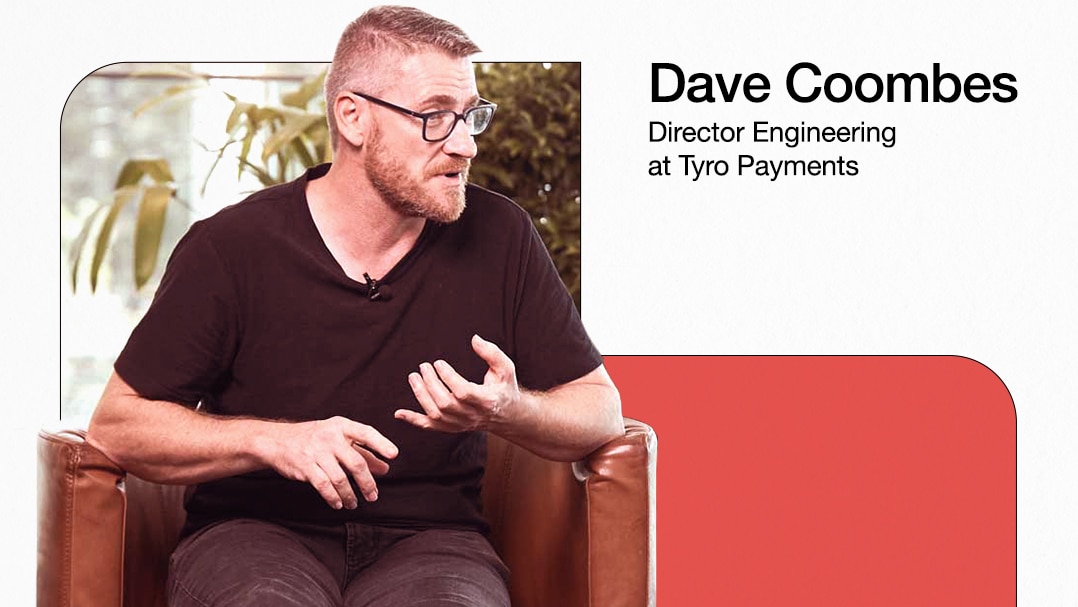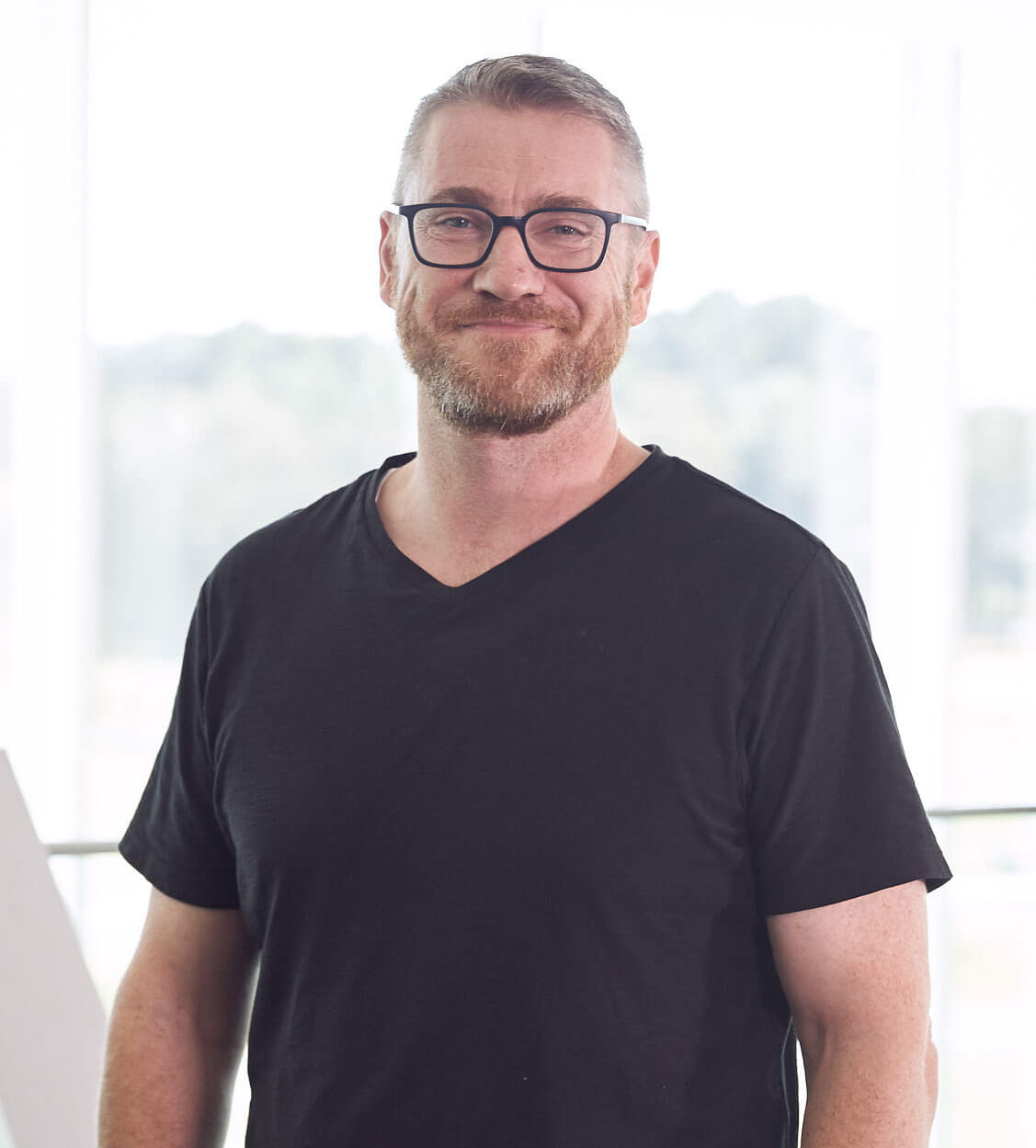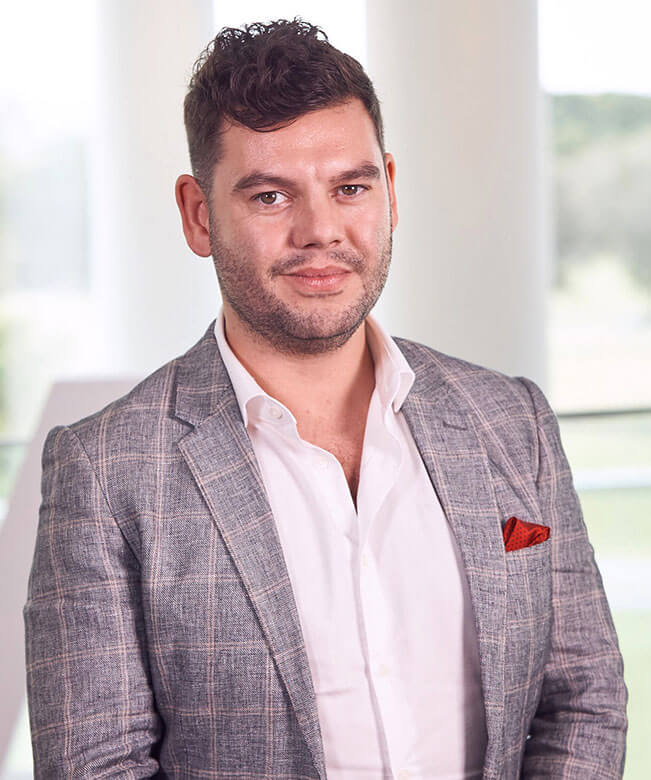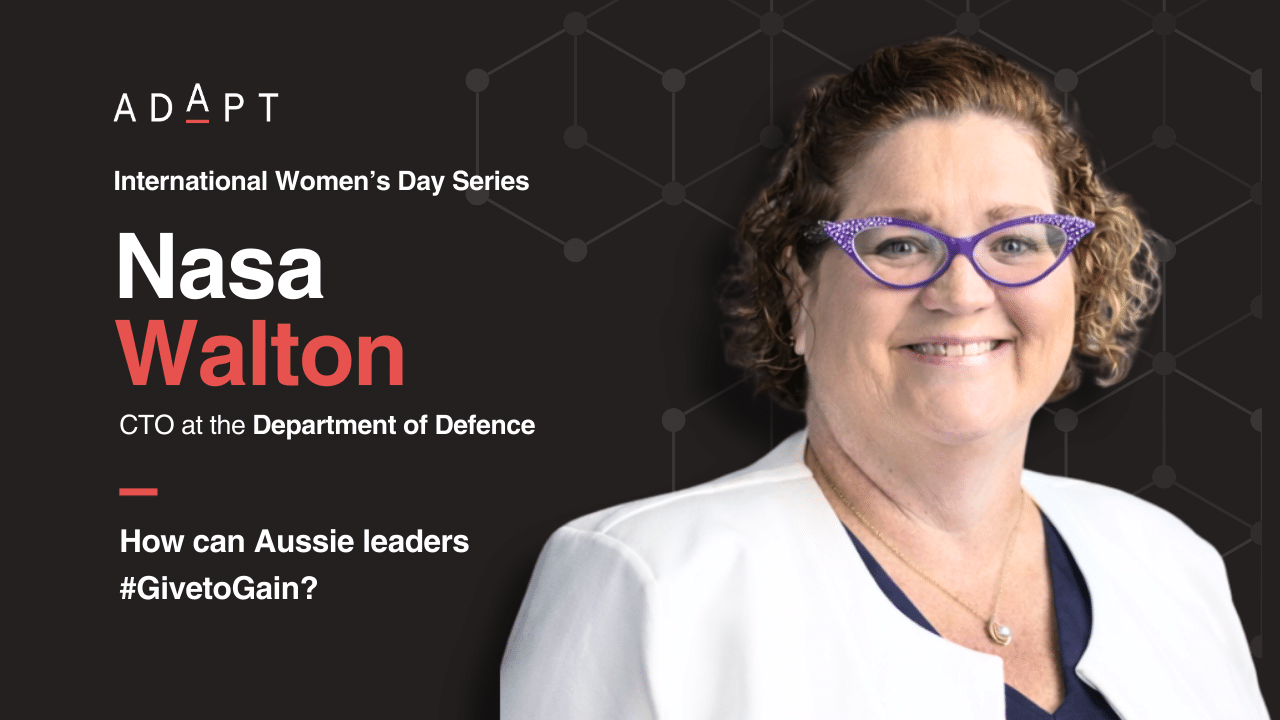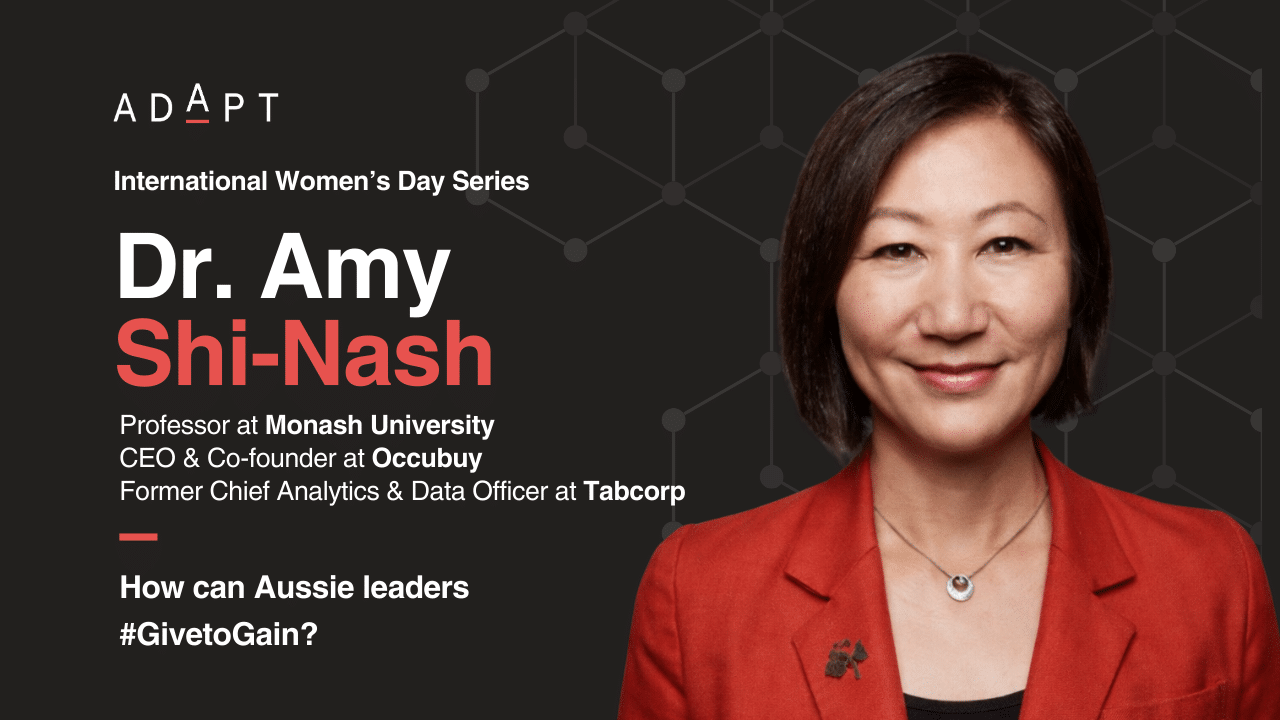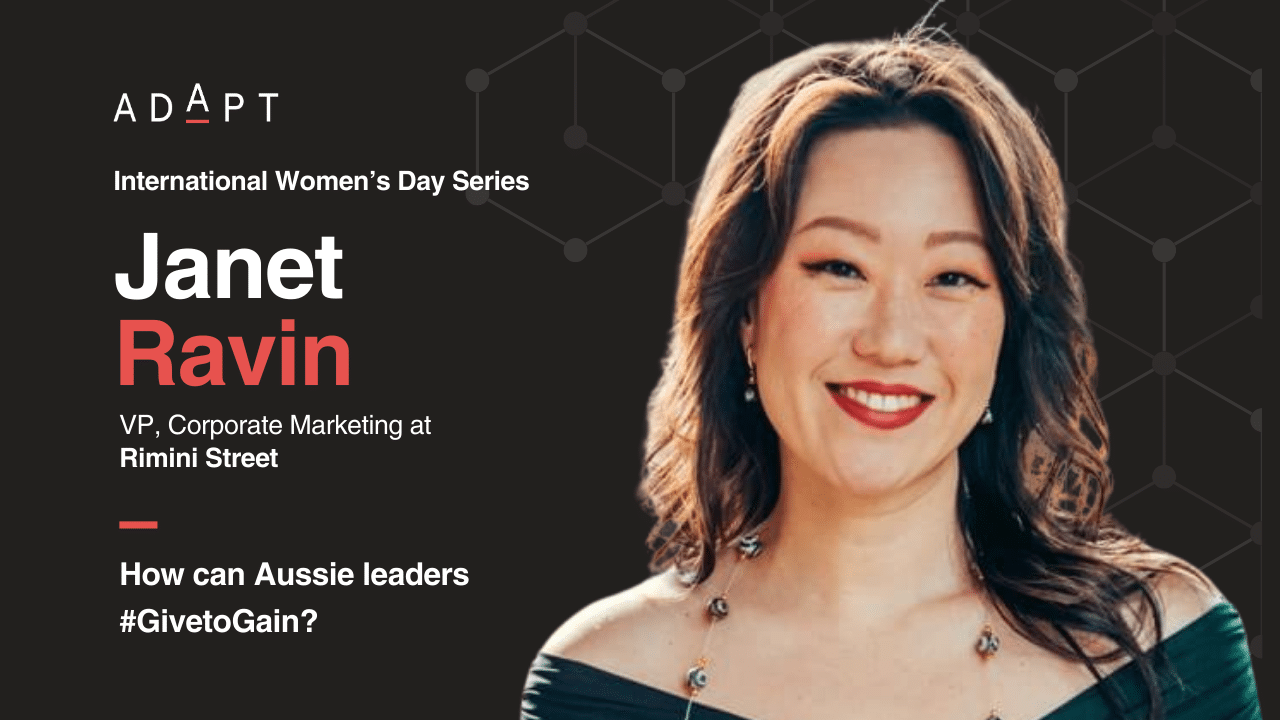In August 2015, Tyro Payments became the first Australian technology company to be granted a banking licence by the Australian Prudential Regulatory Authority, allowing it to accept deposits and to advance money to Australian businesses. Since then, Tyro Payments has been shaking up the Australian banking industry further with a suite of new digital products that save businesses time and money.
ADAPT’s Partner Matthew Hanley caught up with Tyro Payment’s CTO Dave Coombes at ADAPT’s Connected Cloud & Data Centre Edge where they discussed how Tyro Payments is poised for breakout growth, driven by innovation and a commitment to fair and transparent banking, alongside the benefits of Tyro’s growth by building and fully owning all of its technology.
Over the past 20 years, Dr Coombes has been instrumental in the design and implementation of technology platforms for the financial services sector, both in Australia and the UK. Dave was the General Manager Strategy and Architecture at Tabcorp and prior to that, a Principal Consultant at ThoughtWorks, the world leaders in applying agile methods to enterprise application development.
At ThoughtWorks, Dr Coombes was responsible for both consulting and delivery engagements at leading financial institutions including BT Financial Group, Suncorp, Macquarie, Fidelity Investments and Dresdner Kleinwort, in both the UK and Australia. Prior to Tyro, Dr Dave Coombes was Head of Group Technology at IAG Digital Labs where he led teams responsible for application and infrastructure architecture, integration, database operations, automation and robotics. Dr Coombes holds a PhD in Theoretical Physics from the University of Sheffield and a Bachelor of Science (Honours) in Theoretical Physics from the University of Birmingham.
Matthew Hanley:
Dave Coombes is one of Australia’s top technologists. Tyro Payments recently got your banking license – congratulations. What does that mean for the market? Do we actually need another bank?
Dave Coombes:
That’s a good question. Tyro is still predominantly a payments company, which we’ve been since the day we started. Our primary business is providing merchant acquiring services, predominantly to small to medium enterprises. The banking licence allows small businesses to have even more choice. We’re able to provide banking products that are best suited to the needs of small businesses that fit with their cash flow, that fit with their seasonality. So really it’s about giving small businesses more choice.
Matthew Hanley:
I know a lot of work’s gone in to get Tyro to where it is right now. And you’ve developed a lot of your own technology and ways of working to make sure you stay ahead. What kind of hurdles comes with that? What kind of successes have you had from building your own tech strategy?
Dave Coombes:
Right from the start, Tyro’s founded by technologists. Technology is in the DNA of what we do. Tyro really went about growing by building and owning all of our own technology. We built our own switch, we built our own software on the terminals, we built our own accounting systems, our own clearing and settlement. When we got the banking licence, we then went and built our own banking platform.
During the time we were in that start-up phase, that’s absolutely what we had to do. You don’t want to be beholden to somebody else. And certainly, the time when Tyro started, a lot of the things that we would take just for granted now, we’re just not available in the market. So, I think Tyro made all of the right technology decisions at the time to make sure we had all the technology that allowed us to differentiate and grow. Now after the banking licence it’s time for us to take stock of where we are on this. There are lots of things which 15 years ago would certainly not have been considered a commodity. Now we just see them as non-differentiating.
We’ve spent a bit of time just looking at our technology landscape, reassessing which bits are genuinely differentiating for us as a business and therefore what we should own and be able to control, and which bits are we now more comfortable to either give to a platform, give to a SaaS provider, build on top of higher abstractions. That’s in terms of things like infrastructure, things like online onboarding, things like data warehousing.
There’s lots of areas where we’re starting to look at different options that allow us to make sure that our people, which are still the most valuable asset, are working on the things that are genuinely the simplest and the things that will help us differentiate as a business and provide the best service for our customers.
Matthew Hanley:
I guess along the way, there’s a big transformation happening and modernisation within not just your group, but across all businesses in Australia. Today, you’re at Connected Cloud & Data Centre Edge with ADAPT. Your panel this morning was talking about those issues, in particular, modernisation and transformation. What points were highlighted this morning, and what kind of knowledge was distilled on the audience?
Dave Coombes:
Transformation and modernisation would not usually be the words that you’d associate with a FinTech, which is what at Tyro, we associate ourselves. But obviously, if you’ve been in business 15 years and building software all that time, you do end up with a lot of software that you have to support and maintain. I thought it was interesting, one of the talks this morning was from IBM talking about a particular path, in their case, to cloud migration, and they talked about, I think it was, migration, modernisation, and building new services, and the management. Certainly, in the way that we thought about our new technology stack, we’ve actually come at it the other way around. We thought about, how do we best manage these environments in line with our regulatory regime? We then looked at how do we build new services to take advantage of that.
The next step would then be able to then look at some of our older applications, and if there’s anything we need to do around modernisation to make them compatible or cloud-native, and then there may be a migration at the end of that. We’re actually quite lucky at Tyro. Although we have a lot of software, a lot of it is the same. It’s very homogeneous. We were very strict about using the same technology in lots of places, just be able to just manage the operational overhead, manages the cognitive load of what we have to know. But it also now means that if we are thinking about larger scale migration to the cloud, for instance, we think it will make that easier, because we haven’t got lots of ERP type applications, we haven’t got lots of legacy things that tie us to sort of old technology that will be harder for us to move. So I think we made some fairly sound technology choices earlier on, which now happen to mean that our migration to the cloud should be easy.
Matthew Hanley:
IT Sounds like you’ve got the right technology strategy in place. What do you think are the biggest challenges which are there right now in terms of executing on that?
Dave Coombes:
By far the biggest challenge we have is hiring and maintaining the best talent. People are absolutely everything for our company. People are our biggest asset. It’s also the thing we spend the most money on, which is absolutely how it should be. And making sure that we’ve got people in our teams, both in technology and in the wider business, that have both the aptitude and the attitude to be able to deliver on what we want to do, and are open to learning, open to being challenged, who want to collaborate, who wanty to learn new things, because technology doesn’t stand still, the business world we live in doesn’t stand still.
We need to be able to respond to those changes and learn and accept that what got us to where we are, is not what will get us there in future. The Sydney tech market is very competitive, as I’m sure you know. So we’re making sure that we give our people the right tools, the right training, the right opportunities, the right growth.
We are also starting to look at partnerships, which is something we’ve not historically done. We have some technology partners. We either bring in expertise or capacity. We’ll never outsource anything. We’re not that kind of company. We absolutely own everything that we do, and we’ll never give that to somebody else. We want full accountability for everything we deliver. But we are now realising that there are people in other organisations, in other partnerships, other consultancies. You can come away with us, and help us grow, and help us learn, and help us deliver. The biggest challenge is always people.
Matthew Hanley:
I was chatting to some of the tech leaders from ANZ and Atlassian two weeks ago, and they said a very similar thing. Australia is lagging behind in tech talent. Do you think there’s a role that government needs to do to get more involved to help create these future tech leaders who are ultimately going to push Australian businesses forward so they can compete on that global stage?
Dave Coombes:
I think there are lots of areas there. I think the way that we think about STEM in schools, the way we encourage people, particularly women, to stay in technology jobs. We’ve now got a Women at Tyro group. Part of it is to make sure we’re creating the support structures in a company, especially in a technology company, to give people that support and to go on in a career in technology. Then obviously the government can do lots of things to be able to support and invest and make sure that technology in Australia is edgy.





















